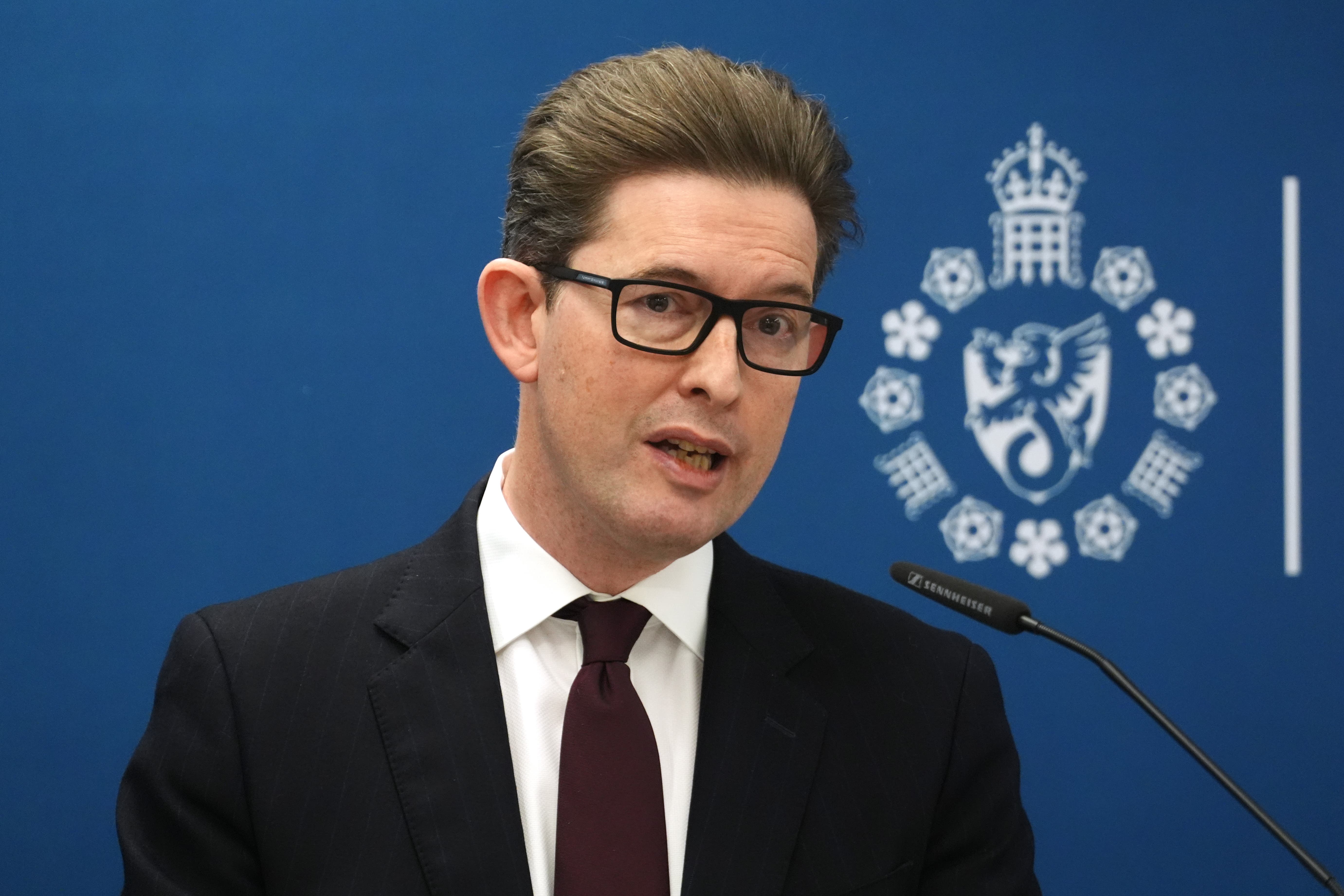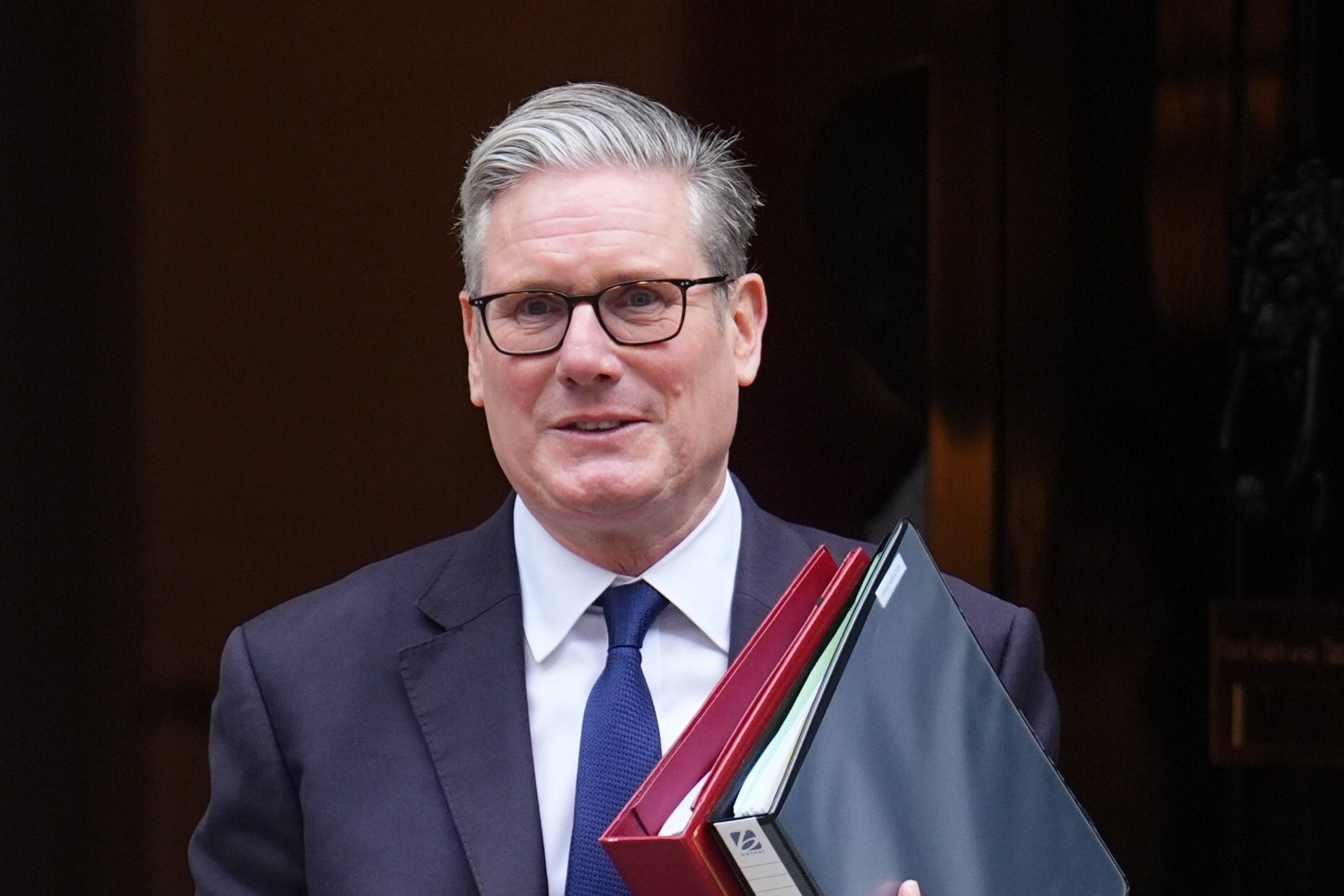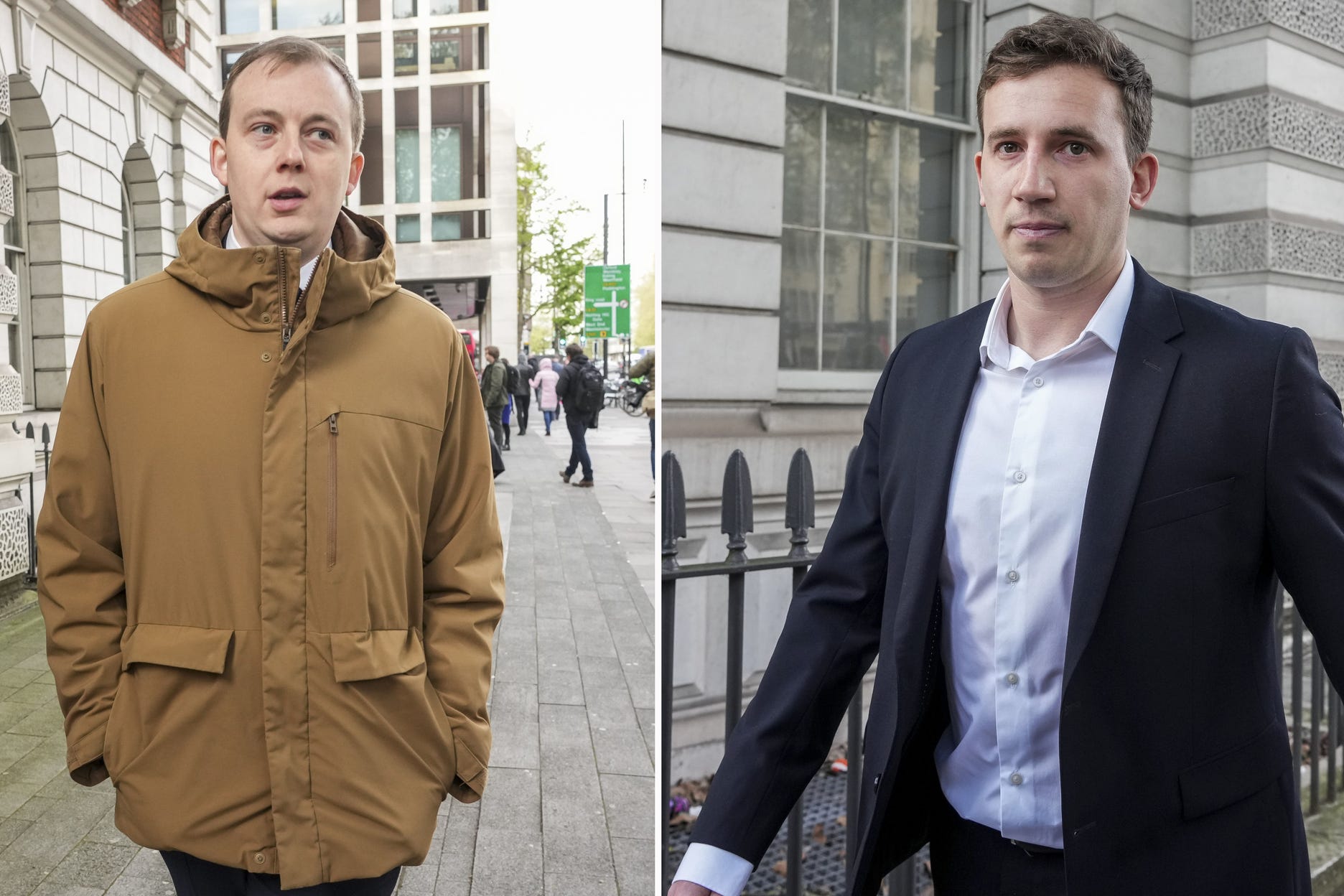The head of MI5 revealed Britain thwarted a Chinese attack this week and he warned of Beijing’s daily threat to Britain.
In a dramatic intervention amid the growing fallout from the collapsed China spying case, Sir Ken McCallum said the case was “a serious disruption to Britain’s national security interests”.
He admitted he was “disappointed” the case would collapse before trial and highlighted China’s further efforts to carry out “cyber espionage” and “covert interference in British public life”.
Ken’s comments increase pressure on the prime minister to take a tougher stance on China, with Labor accused of compromising British interests to pursue closer economic ties with Beijing.

His comments came as Housing Secretary Steve Reid on Thursday delayed a decision on whether to approve China’s new “super embassy” in London, the latest potentially embarrassing development for the government. Critics have said the embassy, located near the Tower of London, effectively serves as a spy center for Beijing, fueling further Chinese espionage efforts.
In a speech at MI5 headquarters in London, Sir Ken, the head of the intelligence agency, said Britain must “resolutely defend itself” against China while being able to seize the “opportunities” that the relationship with Beijing brings.
Sir Ken said: “UK-China relations are naturally complex, but MI5’s role is not: we deal strongly with activities that threaten national security.”
He highlighted China’s efforts to carry out “cyber espionage”, “covert technology transfers”, “covert interference in British public life” and “harassment and intimidation of dissidents”, including pro-democracy activists.
“When it comes to China, Britain must defend itself firmly against threats and seize opportunities that clearly serve our nation,” he said.
He said it was a choice for ministers to decide where the balance lay, “informed by expert security advice”.
When asked if he was disappointed by the collapse of the case against Christopher Cash and Christopher Berry, he said: “Of course, I am disappointed when, for whatever reason, opportunities to prosecute activities that threaten national security are not pursued.”
The administration’s deputy national security adviser repeatedly described the “threat” posed by China in witness statements released Wednesday night, amid a dispute over the collapse of the espionage case, it emerged Thursday.

The release of the documents on Wednesday put pressure on the Crown Prosecution Service (CPS) to explain why it unexpectedly dropped charges against the two men.
Hours later, the Joint Committee on National Security Strategy announced it had opened a formal investigation into the fallout, as committee chairman Matt Western told the Commons that “there are clearly still many questions about this saga that need to be answered.”
But, amid growing questions about why the prime minister failed to intervene in the case despite being told it was on the brink of collapse, Sir Kiir’s official spokesman said it was “pointless” for him to do so.
A key charge against the government was that it refused to describe Beijing as a threat to UK national security in its evidence to the CPS.
But statements released on Wednesday showed Matt Collins saying China’s intelligence services were “very capable and carrying out large-scale espionage operations” against Britain, which “threaten Britain’s economic prosperity and resilience and the integrity of our democratic institutions”.
He added that the government is “committed to pursuing a positive relationship” with Beijing.
He also told prosecutors that it was his assessment that the two men accused of spying for China acted in a way that was dangerous to Britain’s “security” and “interests” and provided material that was “useful” to the Chinese government. They deny any wrongdoing.
Britain’s relationship with China should not be entirely determined by current affairs, a foreign policy expert has suggested.
said Ben Bland, director of the Asia Pacific program at the Chatham House think tank independent The issues currently in the news should not “by themselves determine the direction of our relationship with China”.
“I think when we think about Britain’s relationship with China, we just have to think more broadly than whatever is in the news,” he explained. I think espionage or any espionage is one thing, but at any given time China’s challenge in terms of infiltration operations is going to be a much bigger espionage than anything else.

And our relationship with China, both bilaterally and the way China influences the world and the negative impact it has on British interests, is far-reaching.
“So I don’t think the issues that are in the news right now, by themselves, will determine the direction of our relationship with China.”
Meanwhile, Sir Kiir responded to a letter from Tory leader Kimmy Budnoch who said he would not “confront someone unfairly blamed” for the collapse of the China spy trial.
He said the deputy national security adviser did “everything possible” within the “constraints imposed by the previous administration’s position on China.”
The evidence shows how Mr Barry was recruited by the Chinese government and used Mr Cash to gather information about the UK. At one point, Mr Cash told Mr Berry that “you are now in spy territory”.
But Mr Cash’s former parliamentary researcher said the court defeat would put him in an “impossible position”.
“I want to reiterate that I am completely innocent. Not just because the case against me was dropped, but because I never knowingly helped Chinese intelligence,” he said after the evidence was released.
He added: “I have not seen the day of the public trial to show my innocence and I should not have to participate in the media court.”







